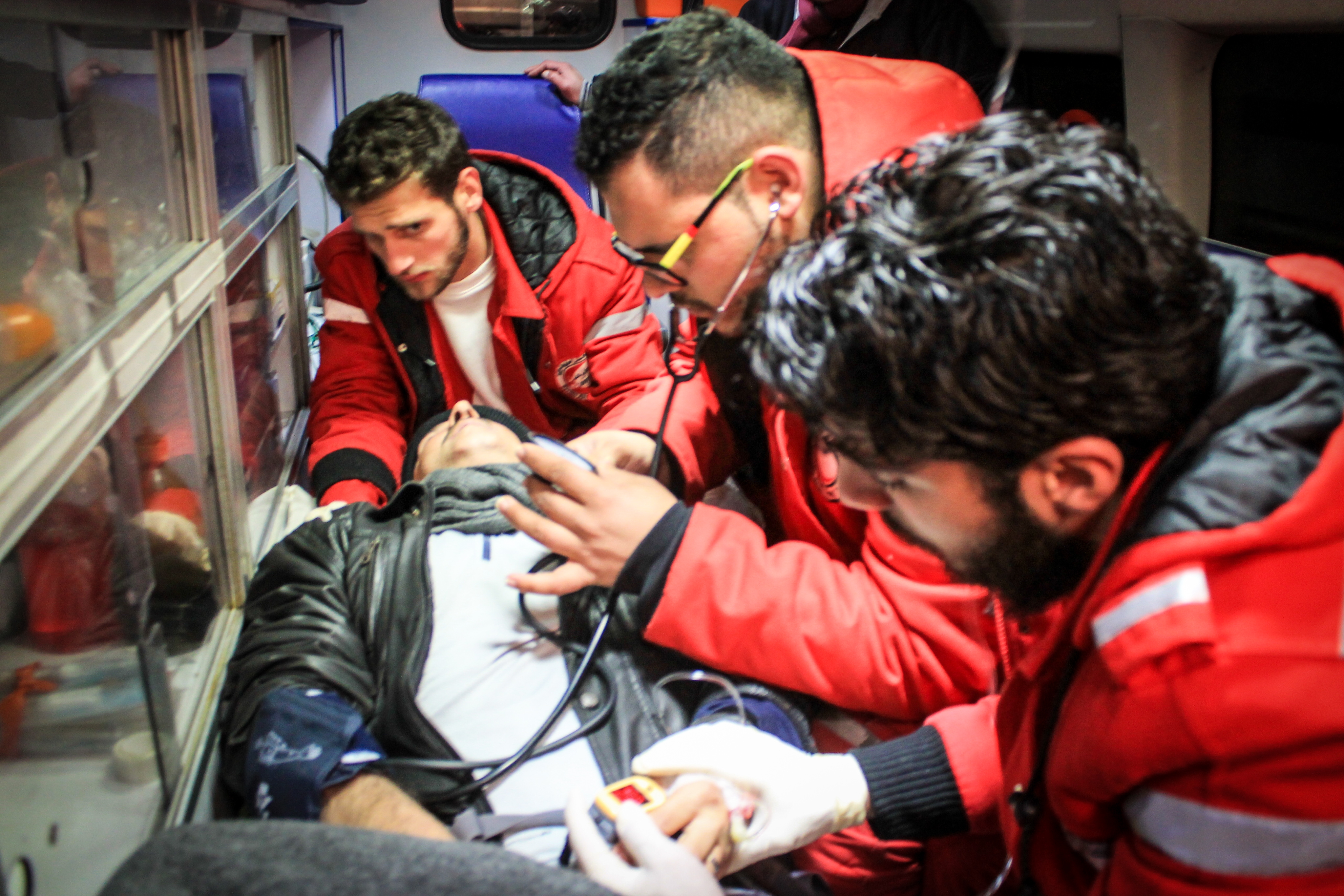
Uncooperative patients - How medical providers can establish patient's capacity of making decisions?
Paramedics often see all sort of things. In particular, it is possible for a first responder to be dispatched on a car incident scenario. What if a victim, who seems to be safe or lightly injured, refuses any evaluation or care?
Having to deal with uncooperative patients who are refusing care represents one of the most difficult situations medical providers have to face. Of course, they must evaluate the condition of a patient but at the same time, they have to respect his or her will to refuse prehospital care, even if it is the wrong decision.
What legal rights say about this sort of situation?
Medical providers do what they can to persuade the patients in receving the correct care, but until they have the capacity to make decisions for themselves, providers cannot do anything. Police can arrest the victims if they do not cooperate, but they still have the right to refuse care.
So the main question that a paramedic has to make is: do patients have the capacity to make decisions for themselves or not?
In order to determine when a patient has the capacity or not, providers have to make sure that the victim can communicate a choice, can understand relevant information, can appreciate the meaning of information about themselves, and use reasoning to arrive at a specific choice.
Capacity is a clinical determination and it is a diagnosis that medical providers must do, if the situation requires. But, it will not be based on numbers – that is why a breathalyzer will not help to understand the level of capacity to make decisions -. Indeed, alcohol ingestion may not render a patient incompetent. It depends on the single patient, but it cannot be considered a way to determine the capacity of will.
EMS providers must evaluate each situation individually to determine whether the patient is incapacitated by alcohol or not, then how to act.
Basically, uncooperative patients have to understand the risks and benefits of their decisions. If they don’t, it is medical providers to be responsible for their safety.
If the patient refuses medical care and has the capacity to understand the situation, first responders have the right to honour and to accept this choice even if they do not agree. Evaluate the patient‘s capacity is a big responsibility, but providers need to be skilled on it in order to make the right moves.


